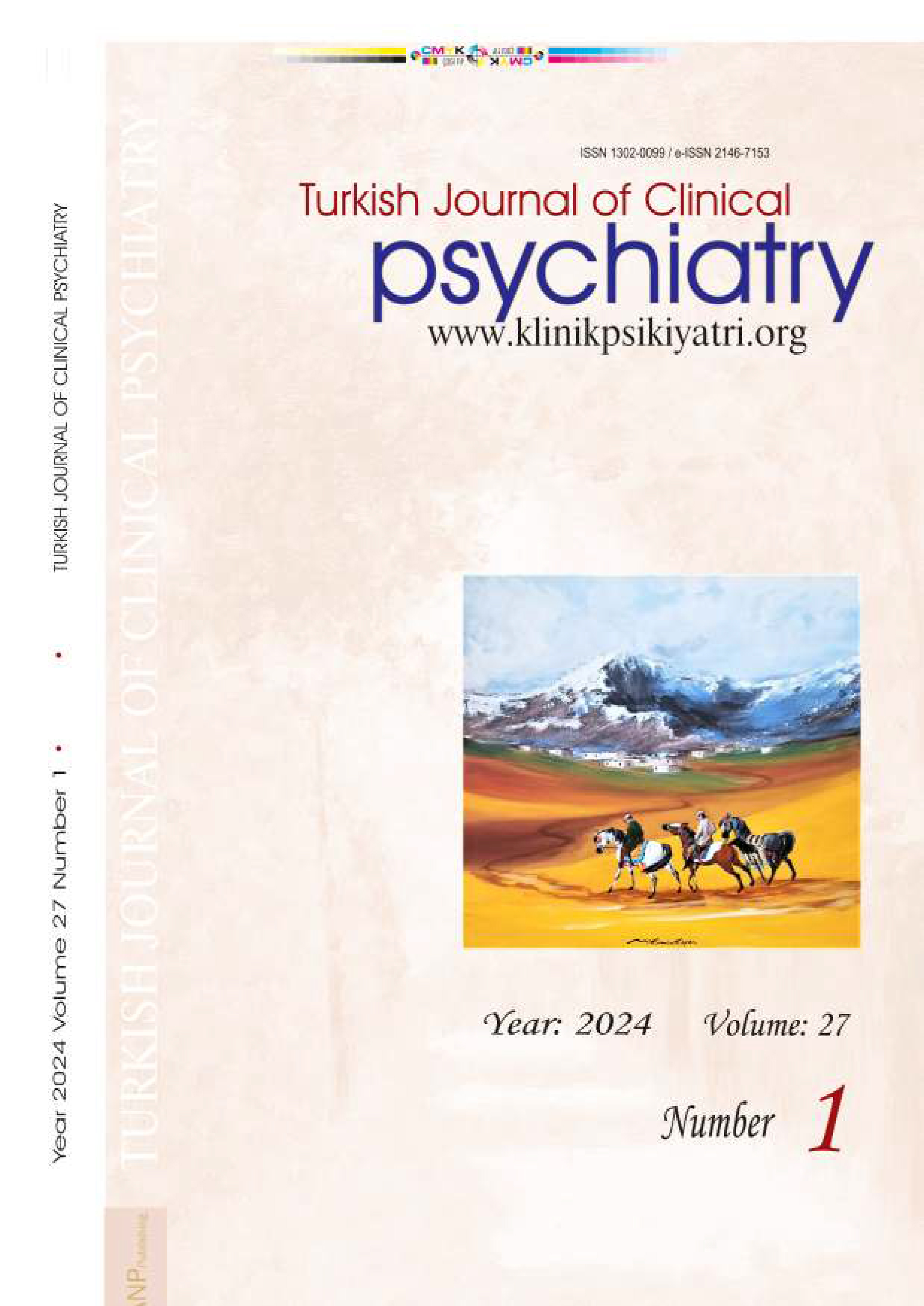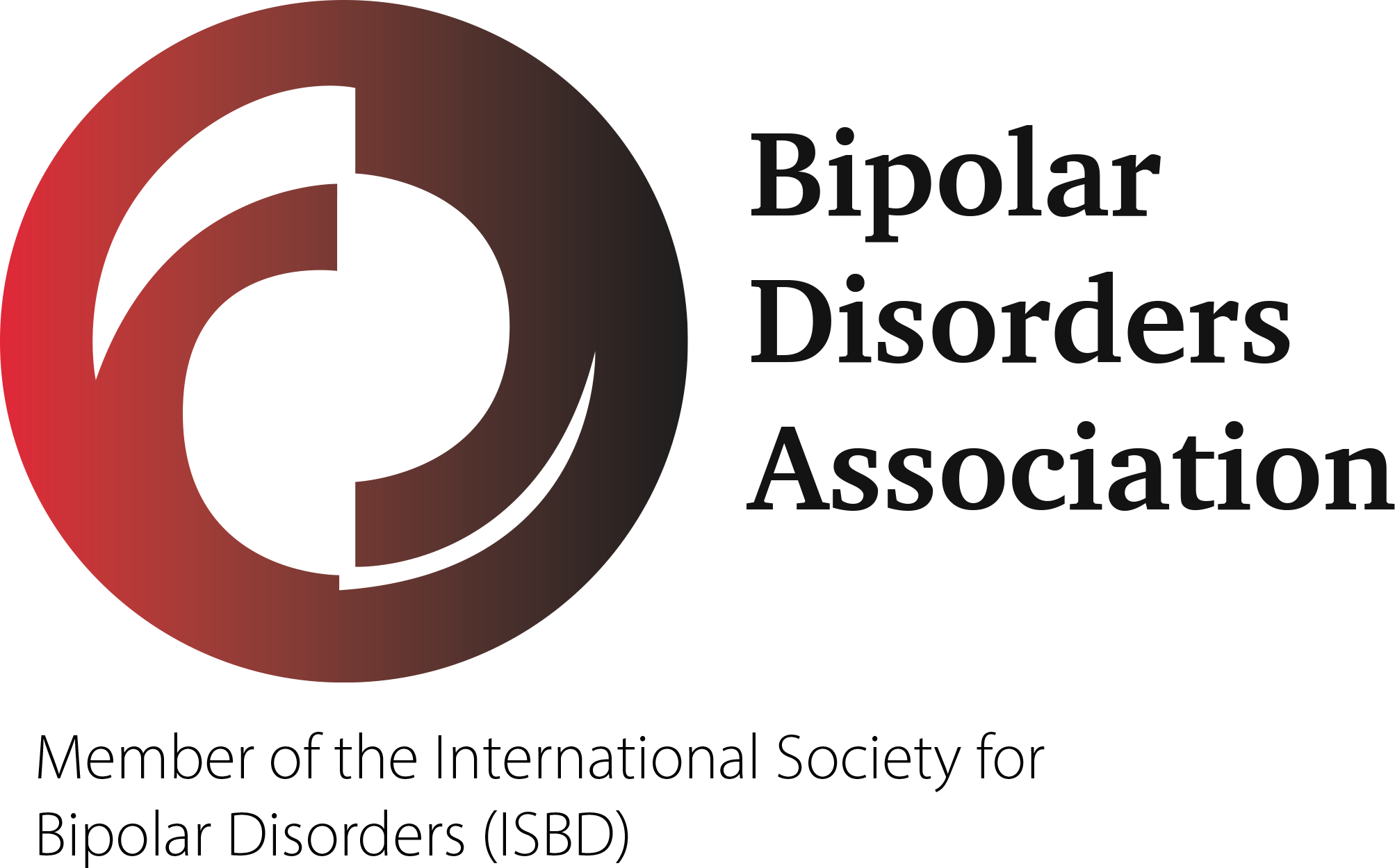





Reflection of Symptomatic Improvement in Attention and Memory Functions in Patients with Schizophrenia
Duygu Yiğittürk1, Burhanettin Kaya2, Süheyla Ünal31Eskisehir Municipality Hospital2Antalya Special Therapy Medical Center
3Inonu University Medical School Psychiatry Dept
INTRODUCTION: In this study, we proposed that if schizophrenic symptoms will decrease with drug treatment, it would be improvement in attention and memory functions.
METHODS: This research has been done in Inonu University Turgut Ozal Medicine Center Psychiatry Clinic between 2003- 2005. We included 27 patients whose ages ranged between 18-50 and who were inpatients and/or outpatients of Psychiatry Clinic, treated with the diagnosis of schizophrenia according to DSM-IV diagnosis criteria. During their acute periods Brief Psychiatric Rating Scale (BPRS), Positive Symptoms Rating Scale (SAPS), Negative Symptoms Rating Scale (SANS) and UKU Side Affect Assessment Inquiry were applied to patients and, at the same day they were also given Wechsler Memory Scale (WMS-R), Stroop Test and a Verbal Test of Memory Process (SBST). Same procedures were repeated when their symptoms improvement (when their BPRS scores were reduced at least %50). By using Wilcoxon Signed Ranks Test, we compared psychometric measures that were performed in patients in two periods.
RESULTS: When the results of neuropsychological tests in the acute and symptom resolution periods were compared, in WMS-R test; personal and current information task, orientation, concentration, logical memory and attention scores, in SBST; long and short period memory scores were found significantly higher, and all Stroop subtest scores were found significantly lower in the response to treatment.
DISCUSSION AND CONCLUSION: In our study, we found that schizophrenia patients have better attention and memory functions when positive and negative symptoms were regressed. This observation supports the importance of prevention of exacerbations in terms of reduction cognitive deteriorations in patients with schizophrenia.
Keywords: Schizophrenia, attention, memory, positive symptoms, negative symptoms
Şizofreni Hastalarında Psikotik Belirtilerdeki Düzelmenin Dikkat ve Bellek İşlevleri Üzerine Yansıması
Duygu Yiğittürk1, Burhanettin Kaya2, Süheyla Ünal31Eskişehir Devlet Hastanesi2Antalya Özel Terapi Tıp Merkezi
3İnönü Üniversitesi Tıp Fakültesi Psikiyatri AD
GİRİŞ ve AMAÇ: Bu çalışmada şizofreni hastalarında psikotik belirtilerin alevlenme döneminde dikkat ve bellek işlevlerde gözlenen bozulmanın, belirtilerdeki gerilemeye paralel olarak düzelme göstereceği hipotezi test edilmiştir.
YÖNTEM ve GEREÇLER: Psikiyatri servis ve polikliniğinde ayaktan ve/veya yatarak takip ve tedavi edilmekte olan, DSM-IV tanı ölçütlerine göre şizofreni bozukluğu tanısı alan ve tümü antipsikotik ilaç kullanmakta olan, 18-50 yaşları arasında 27 hasta çalışmaya alınmıştır. Hastalara belirtilerin alevli olduğu dönemde Kısa Psikiyatrik Değerlendirme Ölçeği (BPRS), Pozitif Semptomları Değerlendirme Ölçeği (SAPS), Negatif Semptomları Değerlendirme Ölçeği (SANS), Yan Etki Derecelendirme Ölçeği (UKU) uygulanmış, aynı gün Wechsler Bellek Ölçeği (WMS-R), Stroop testi ve Sözel Bellek Süreçleri Testi (SBST) yapılmıştır. Aynı uygulama hastaların belirtileri belirgin derecede gerilediğinde (BPRS puanlarında en az %50 azalma olduğunda) tekrarlanmıştır. İki dönemde uygulanan testler Wilcoxon Signed Ranks Test ile karşılaştırılmıştır.
BULGULAR: Hastalığın belirtilerinin yatıştığı dönemde WMS-R testinde kişisel aktüel bilgi, yönelim, konsantrasyon, mantıksal bellek ve dikkat puanları ile SBST de uzun ve kısa süreli bellek puanları alevli dönemdekine göre anlamlı düzeyde daha yüksek; tüm Stroop alt test puanları daha düşük bulunmuştur.
TARTIŞMA ve SONUÇ: Şizofreni bozukluğunda belirtilerin arttığı dönemde gözlenen dikkat ve bellek işlevlerindeki bozulma, belirtilerin yatışması ile geriye dönebilmektedir. Bu gözlem şizofreni hastalarındaki bilişsel yıkımın azalması açısından alevlenmelerin önlenmesinin önemini ortaya koymaktadır.
Anahtar Kelimeler: Şizofreni, dikkat, bellek, pozitif belirtiler, negatif belirtiler
Manuscript Language: Turkish
(3035 downloaded)











